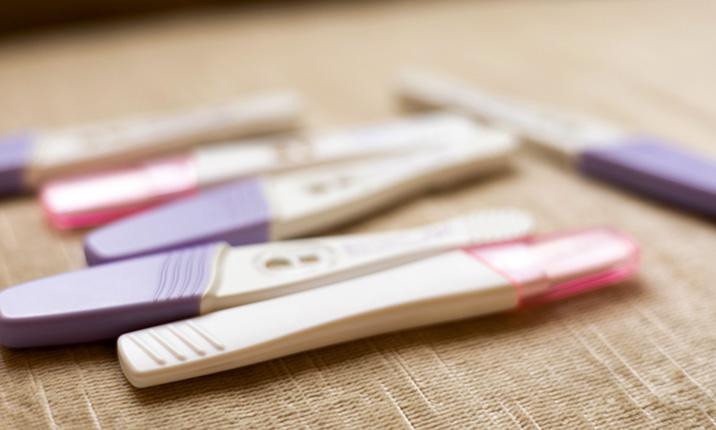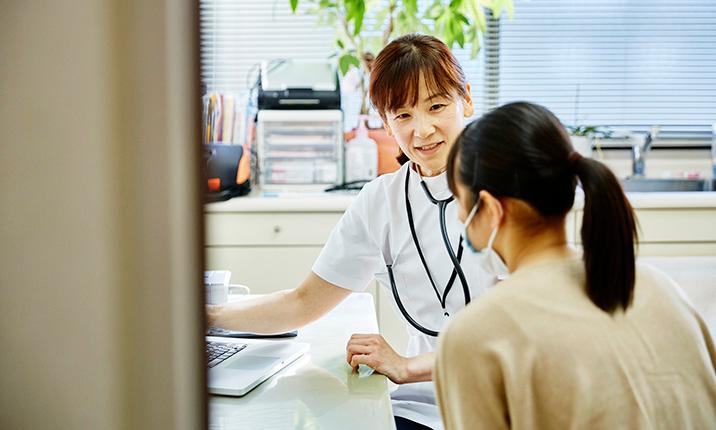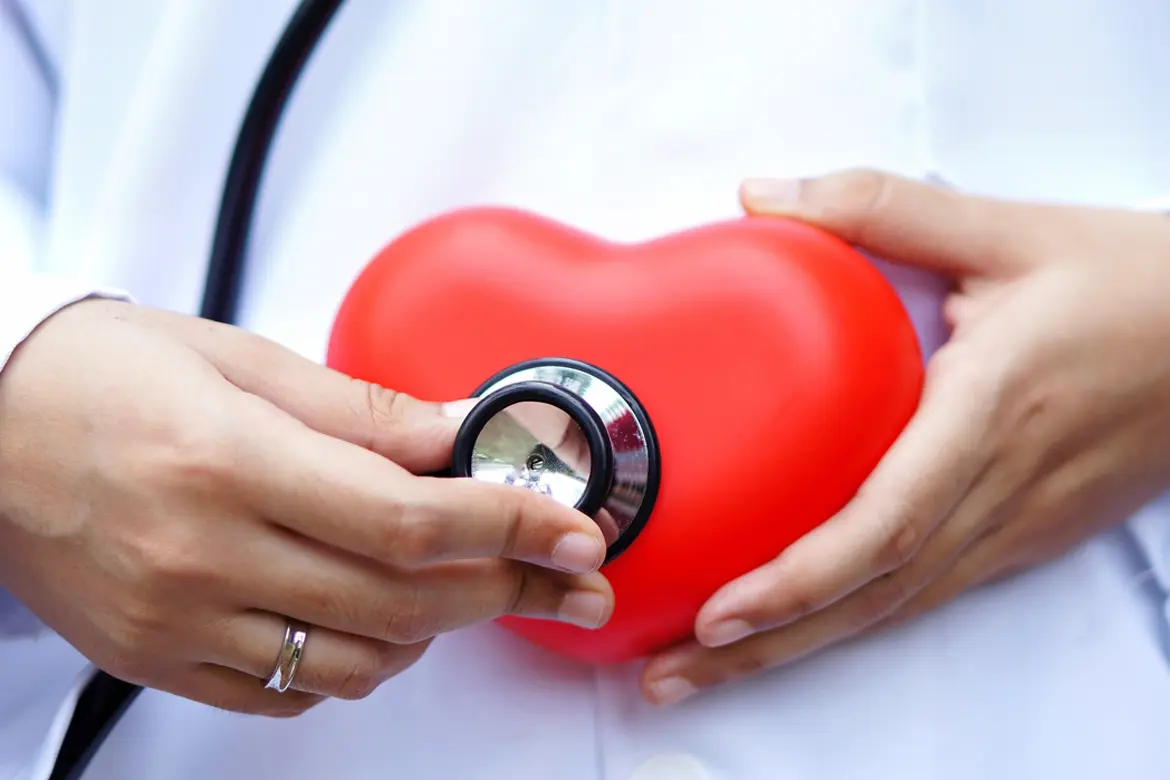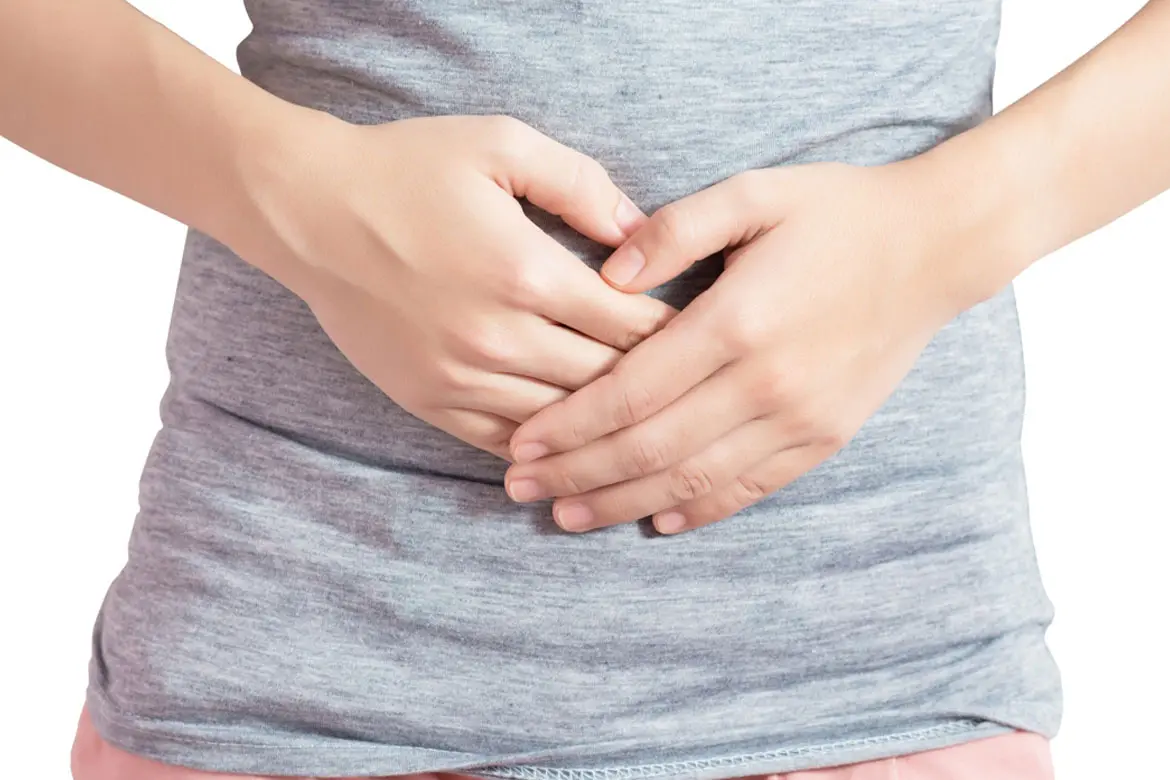As women navigate their 30s, juggling roles as daughters, friends, colleagues, wives, and mothers, it becomes crucial to prioritise health. Let's explore important questions about physiological and lifestyle changes in a woman's 30s, uncovering strategies for aging well in this decade.
I am still so young. Why should I worry about my health now?
While it's true that being in your 30s is relatively young, it's an opportune time to prioritise your health. Natural physiological changes occur at every stage of life. For women in their 30s, these changes include a decrease in muscle tone and bone density, a slower metabolism and loss of skin elasticity. Additionally, women in their 30s often face stress from both personal and professional circumstances, with research indicating a higher prevalence of poor mental health among women compared to men.
One proactive step you can take is to start regular health screening. At 30 years old, health screening becomes particularly valuable. By addressing potential health concerns early, you can lay the foundation for a healthier future. Physical and emotional well-being are interconnected, and paying attention to both aspects is prudent for a balanced and fulfilling life.
Will I have difficulty getting pregnant as I get older?
Some women may face challenges in conceiving due to various reasons. Fertility tends to decrease in a woman's 30s, with an associated increase in the risk of pregnancy complications. In Singapore, it's common for women to have children later in life, often becoming mothers in their mid-to-late 30s, making the process of childbearing and motherhood a notable factor affecting a woman’s health.
Moreover, the gradual decline of oestrogen and progesterone can lead to changes in the menstrual cycle, such as longer, heavier, or more painful periods, which might sometimes make conception more difficult. For those considering pregnancy in their 30s, taking proactive measures can improve fertility and overall reproductive health. Seek advice from a healthcare professional for personalised guidance, including fertility screenings and discussions about family planning. Understanding the influence of age-related hormonal changes on the menstrual cycle is crucial. Additionally, addressing issues like vaginal dryness, which may impact sexual drive and conception, is a key aspect of a comprehensive fertility approach. Some women may find it beneficial to seek assistance for secondary infertility, ensuring a holistic and well-informed path towards conceiving and sustaining a healthy pregnancy.
Why does my skin look dull and dry now?
Your skin is the largest organ and is easily affected by various factors, both historical and current. For example, years of sun exposure without protection will begin to show as dull skin or uneven pigmentation. Coupled with slower cell renewal, reduced production of collagen and weakening of elastin, this decade is when the most common signs of aging will start to appear. These include the appearance of fine lines and wrinkles, as well as changes in skin tone and texture, such as roughness or dryness.
To help maintain your skin’s health, nourish it from both inside and out, with a balanced diet rich in antioxidants and good fats, and follow an appropriate skincare routine tailored to your skin type and needs. Lastly, don’t forget to protect your skin from sun damage with the use of broad-spectrum sunscreen.
Why is it so much harder to lose weight now?
Your metabolism gradually slows down and your body requires fewer calories as you get older. However, if your eating habits remain unchanged and you consume more calories than you can burn, the imbalance can lead to weight gain.
Being more disciplined about your diet and putting in more effort to engage in regular exercise are crucial for managing potential weight gain. As many women during this phase of life are also working mothers, consider getting creative about incorporating more activities into your day. This could involve playing with your children, merging exercise with a social activity such as yoga with your best friend followed by coffee, or simply following straightforward workouts in the comfort of your home with the help of online videos.
How can I manage stress better?
Stress often gets a bad rap, but it’s not always a bad thing. In some instances, it can spur you to accomplish more, but prolonged stress can take a toll on your physical and emotional health. Given that stress can permeate various aspects of our lives, from meeting the demands of work to navigating relationships and motherhood, it is crucial for women in their 30s to address and manage the source of stress before they lead to problems like anxiety, headaches, and even heart issues. Here are some additional strategies to consider:
- Prioritise Self-Care: In addition to maintaining a balanced diet, ensuring you get enough sleep and incorporating regular exercise into your routine, consider additional forms of self-care such as indulging in a favourite hobby or taking relaxing baths.
- Connect with Nature: Spend time outdoors, whether it's a leisurely walk in the park or enjoying a weekend hike. Nature has a calming effect and can help alleviate stress.
- Seek Support: Don’t hesitate to lean on your support network. Share your feelings with friends or family, and consider seeking professional support if needed.
- Learn to Say No: It's essential to recognise your limits and not overcommit. Politely declining additional responsibilities when you feel overwhelmed is a proactive step in managing stress.
- Explore Stress-Relieving Activities: Engage in activities that bring you joy and relaxation, such as listening to music, reading, or engaging in a creative pursuit. Finding joy in simple pleasures can be a powerful stress management tool.
- Practice Gratitude: Take a moment each day to reflect on the positive aspects of your life. Maintaining a gratitude journal can shift your focus from stressors to the things you appreciate.
- Time Management Techniques: Explore different time management methods to help organise your day effectively. Prioritise tasks and break them into manageable steps to avoid feeling overwhelmed.
Remember, managing stress is an ongoing process, and it's essential to tailor your approach to what works best for you. Finding a balance that suits your individual needs is key to maintaining overall well-being.
Are there any lifestyle habits I should be concerned about?
Certainly, there are lifestyle habits that warrant consideration due to their potential impact on health. Alterations in habits such as smoking, alcohol consumption, maintaining an unhealthy diet, and leading a physically inactive lifestyle have contributed to a surge in health issues, including the prevalence of obesity and non-communicable diseases such as diabetes and hypertension. This concern is not exclusive to a specific demographic, as evidenced by the findings of Singapore’s National Population Health Survey 2020.
The survey revealed that only 30.7% of women engage in regular exercise, emphasizing a potential area for improvement in the overall well-being of women. Additionally, the study highlighted that women smokers, on average, consume 10 cigarettes a day, underlining the need for increased awareness and intervention to address tobacco use among women.
Addressing these lifestyle habits is crucial for maintaining optimal health and preventing the onset of various health conditions. Adopting healthier alternatives, such as quitting smoking, moderating alcohol consumption, embracing a balanced and nutritious diet, and incorporating regular physical activity into one's routine, can significantly contribute to overall well-being. Additionally, raising awareness about the importance of a healthy lifestyle and providing support for individuals to make positive changes can contribute to the promotion of a healthier community.
When is the right time to start regular health screenings for women?
The right time for women to start regular health screenings can vary based on individual factors, including age, family history, and personal health risks. However, here are some general guidelines:
In Your 20s:
- Engage in regular check-ups to establish a baseline for overall health.
- Discuss sexual health, contraception, and lifestyle choices during healthcare consultations.
- Begin breast health awareness, including discussions about breast self-examinations. Understanding how to perform regular self-exams is empowering and can contribute to early detection.
- Cervical cancer screenings, such as Pap smears, may be recommended for sexually active women.
In Your 30s:
- Continue with regular check-ups and discussions about overall health and lifestyle.
- Maintain vigilance on breast health, including regular breast self-examinations and discussions about more comprehensive screenings, like mammograms.
- Consider screenings for cholesterol, blood pressure, and diabetes.
- Initiate family planning discussions, including fertility screenings, to address reproductive health and explore options for those planning to start a family.
In Your 40s and Beyond:
- Regular screenings for cancers such as breast cancer and colon cancer become more common.
- Continue screenings for cholesterol, blood pressure, and diabetes.
- Consider discussing other screenings such as bone density tests, especially for those above 50s.
It's crucial to note that these are general recommendations, and individual circumstances may vary. The best approach is to have open and honest discussions with your healthcare provider. They can help tailor a screening plan based on your personal health history, family history, and any specific risk factors you may have.
It’s never too late to take charge of your health
Health screenings are an essential part of preventive healthcare, playing a vital role in detecting potential health issues early—even before symptoms appear. Early detection enables timely intervention, significantly improving outcomes and, in many cases, preventing conditions from developing further. Regular screenings also offer valuable insights into your overall health, empowering you to make informed lifestyle and healthcare decisions.
Taking charge of your health has never been easier. Explore our health screening packages to find the one best suited to your needs.
Ready to book a health screening?
Use MyHealth360 to check real-time availability, book an appointment, and receive instant confirmation. Learn more about the app or download it from the App Store or via Google Play.















